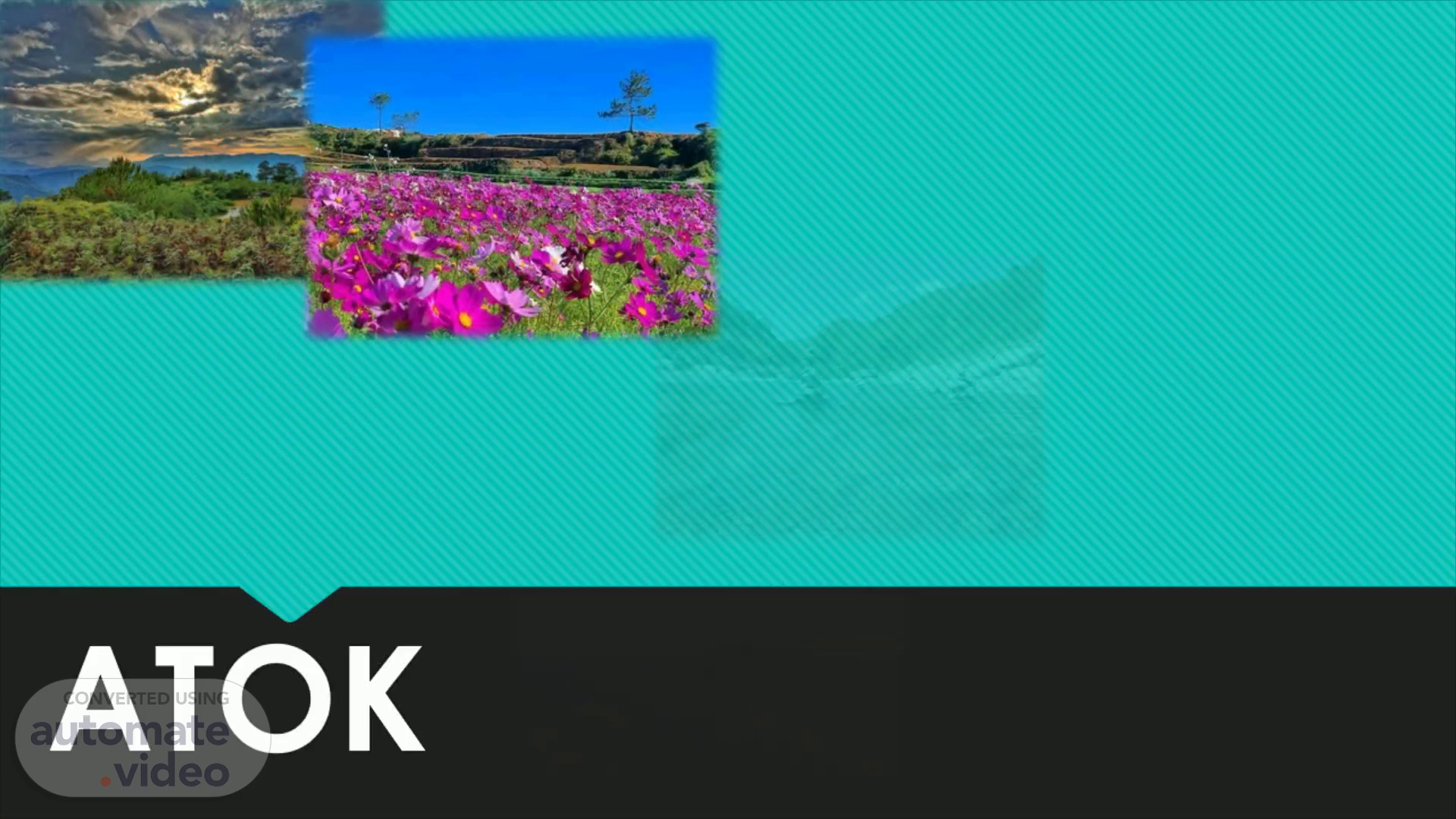Page 1 (0s)
ATOK. OW, BENC&. . . abstract. . .
Page 2 (14s)
???????. ??????? •During Spanish occupation, Atok was referred by both natives and colonizers as Chontog , which is an Ibaloi word for mountainous. The Spaniards arrived in town in 1892 and established tax collection stations in the area, as well as surrounding settlements..
Page 3 (29s)
. • The name of the town comes from the Ibaloi phrase “ Nay patok shi Chontog ” which translates to “ on the mountain top .” This was then shortened to Atok. • Atok became a site for battles between the Philippine military forces, Igorot and Cordillera fighters and Japanese Imperial Army forces. The land was deemed ideal for mounting ambushes and engage in guerrilla-style fighting. The name of the place where fighting occurred is called Guerrilla Saddle and is located at KM 26 in Caliking..
Page 4 (1m 4s)
abstract. . . Livelihood. Farming – the common livelihood due to the geographical location of Atok which is perfect for vegetable and rice-farming. Piggery – this livelihood is usually a sideline job done by farmers. Mining – this is one of the oldest livelihood that the previous residents do for a living..
Page 5 (1m 26s)
Local language. Ibaloi – the main language Kankanaey – a language commonly used by half- atokians Ilokano – used by people to talk easier with other tribes or towards local tourist Secondary Langauge Tagalog English.
Page 6 (1m 38s)
Salient Beliefs of Ibalois. • Like many Cordilleran communities, the Ibaloy have preserved a belief system that highly reveres ancestors and is still embraced by younger generations who are taught by the elders that the spirits of the departed continue to influence the lives of their descendants. • the ibalois used to believe in ghosts and evil spirits, a person who saw a ghost or spirit is called “naamdag”, in ibaloi. The “naamdag” would later butcher a dog to make amends with the spirit in order for it to not show itself again. • The ibalois used to believe in kabunyan, but the modern ibalois now believe in God or Apo Shiyos and would conduct Thanksgiving or Iyaman parties to give thanks to God for the blessings like a bountifull harvest..
Page 7 (2m 10s)
abstract. Ibaloi Values. Honesty- we ibalois are taught to be thruthful in what we say and do like showing respect to elderly. Also we are common about what we say “karma” the destiny you earn in every action and behaviour we show. Generousity : We also have this value wherein we show this kind of value by having the willingness to act or a kind of help that doesn’t expect a return We the ibalois show kindness by being a friendly person although we have the instinct of being shy but as a friend we do voluntarily acts by showing and doing the other important values we have..
